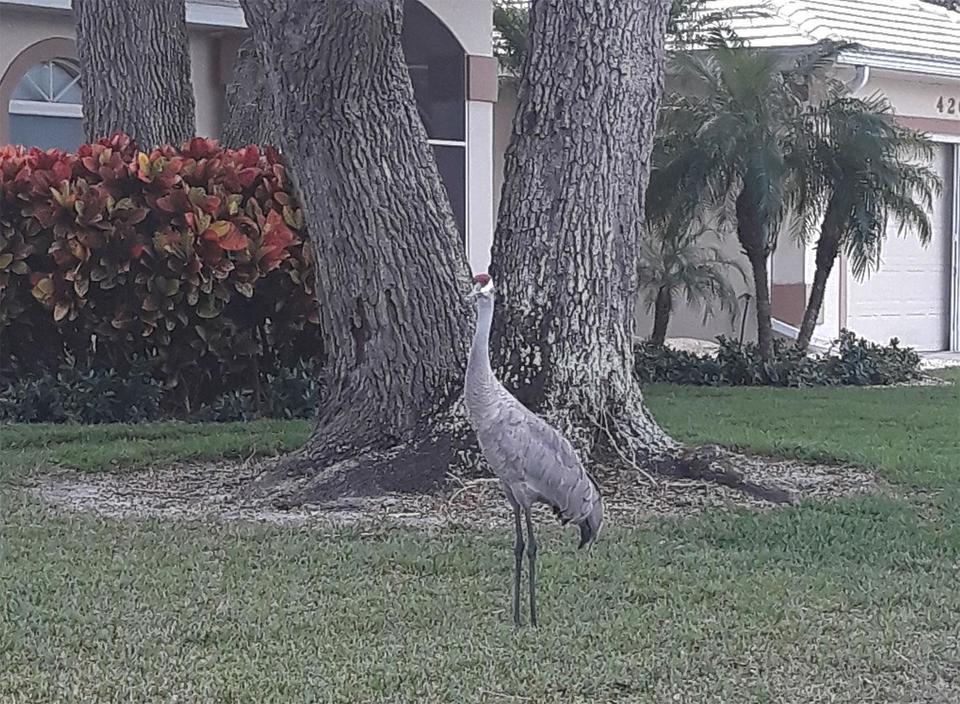 Florida lawmakers officially enacted a new gaming deal between the state and the Seminole tribe this week. But it came at the expense of the Sunshine State regulated online poker market.
Florida lawmakers officially enacted a new gaming deal between the state and the Seminole tribe this week. But it came at the expense of the Sunshine State regulated online poker market.
The House overwhelmingly voted for the new deal, approving it by a 97-17 margin during an emergency legislative session on Wednesday. The vote came a day after the Senate voted 39–1 to approve the deal.
Last month, Governor Ron DeSantis agreed to a new 30-year deal with the tribe that would legalize sports betting in Florida. This would allow Seminoles to act as the central hub of the state's sports betting market, as well as expand the casino offerings to include games such as craps and roulette.
According to local media, DeSantis and the Tribe agreed to remove language from the "Miscellaneous" section of the deal, which could allow Seminole to take control of the online gambling market, including poker, to appease a group of conservative lawmakers who were skeptical of the new deal.
The move delays any prospect of legal online poker in Florida by at least a couple of years.
The deal would also allow the continued offering of parallel "designated player" card games, which had been a contentious point in the negotiations as the Seminoles argued that the games violated a previous contract between the state and the tribe.
The previous agreement stated that the tribe had the exclusive right to offer home-play card games such as blackjack. There was a brief period in which the tribe stopped making payments to the state after a federal judge agreed that the move violated an existing contract.
The Seminole Tribe will be able to conduct sports betting both online and at six Las Vegas-style casinos located across the state. Pari-mutuel venues will be able to offer sports betting if they contract through Seminoles.
Pari-mutuel will pay 40% of their net income to the tribe. The tribe will pay the State 10% of these funds and keep the remaining 30%. The state will also collect 13.75% of any revenue generated by the Seminole-run sports betting. The Seminole Tribe will need to partner with at least three pari-mutuels in the first three months in the sports betting market, or the payment to the state will increase by 2%.
with a federally recognized tribe, the deal still needs to be approved by the US Department of the Interior. It may still face some legal hurdles, however, several media outlets are reporting that anti-gambling groups argue that it violates Amendment 3, a 2018 constitutional amendment that requires statewide voter approval for any expansion of gambling.
If any of these groups decide to bring a lawsuit against the state or tribe, it could delay or end the deal entirely.
State vs. Tribe argues that since the operation is conducted on sovereign tribal land, it is not subject to a vote. Earlier this week, a group of more than 100 people protested the settlement outside the Capitol in Tallahassee.

